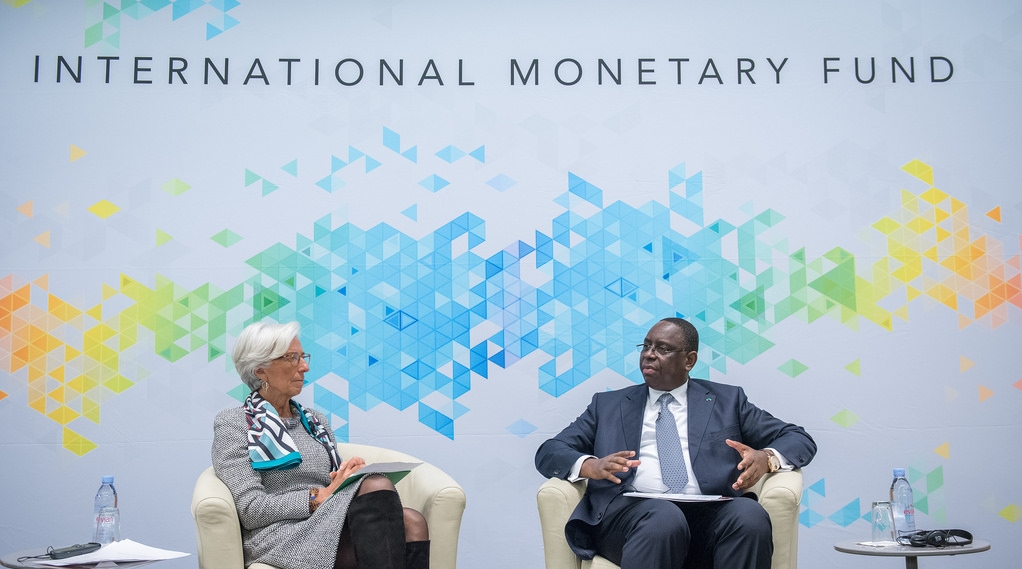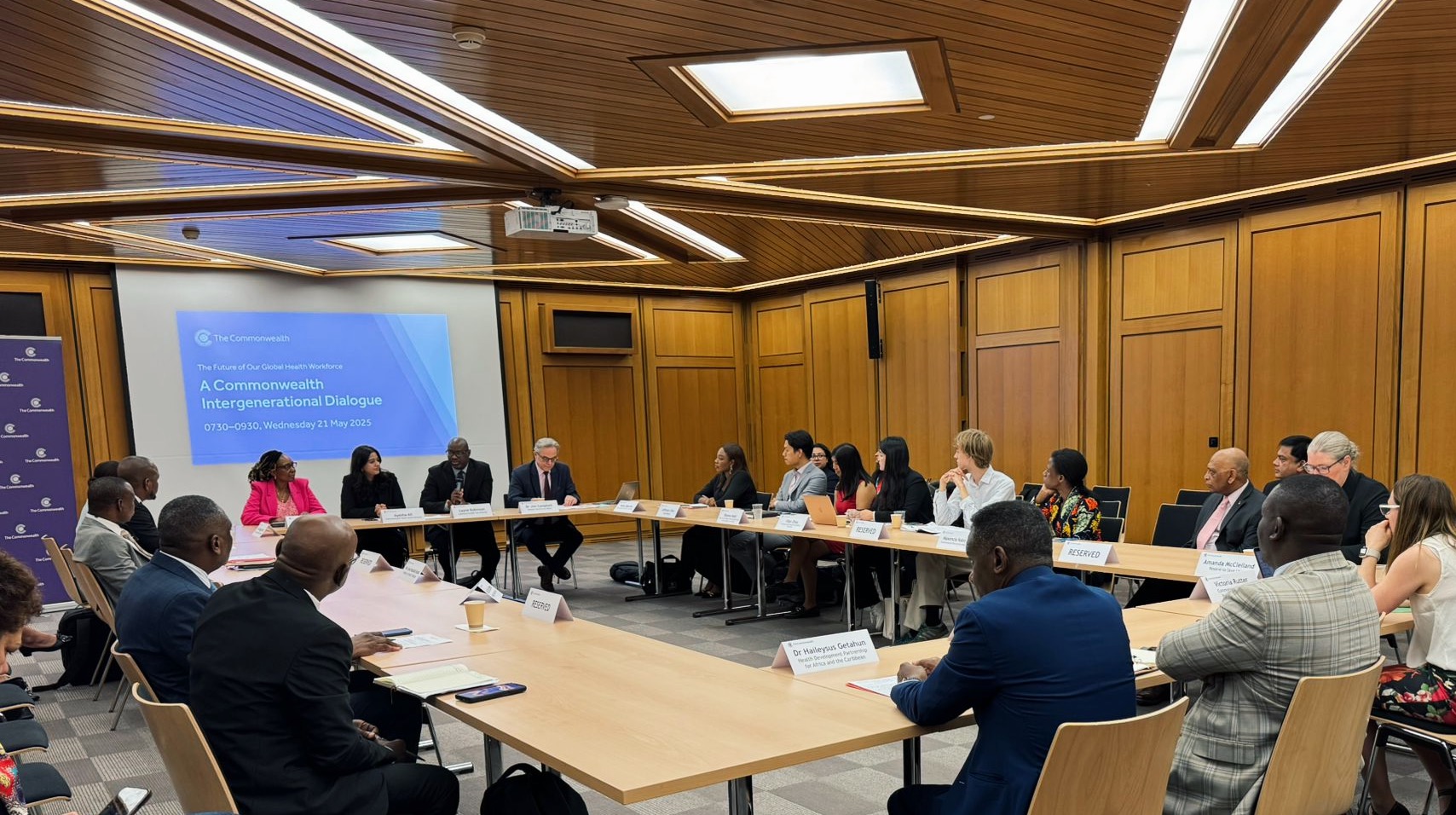“Development economics in Haiti and Ghana”
May 9 The International Monetary Fund and World Bank have been touted as the pioneers in the field of poverty alleviation in developing countries, writes Swapnil Mishra, 21, a Commonwealth Correspondent from India currently studying in the U.S. However, he points out that some of their policies have been criticised by international development watchdogs.
The International Monetary Fund and World Bank have been touted as the pioneers in the field of poverty alleviation in developing countries, writes Swapnil Mishra, 21, a Commonwealth Correspondent from India currently studying in the U.S. However, he points out that some of their policies have been criticised by international development watchdogs.
In Haiti’s case, the criticism arose around the time the IMF forced Haiti to open its market by adopting some of the lowest tariff regimes in the West Indies. Highly subsidised rice from the United States began to arrive in Haiti in abundance as a result. Meanwhile, the Haitian government was advised to remove the little assistance it had given Haitian farmers in the forms of seeds and fertilisers. As a result, the domestic rice market collapsed and farmers were driven out of the economy, as they were essentially out of work.
Similarly, in Ghana the International Finance Corporation, an agency of the World Bank, was accused of investing in building a luxurious hotel, contrary to its mission statement of helping the poor. The World Bank confirmed this business development by saying hotels “play a critical role in development as they catalyze tourism and business infrastructure”, noting its partners include such “leading” firms as luxury chains Shangri-La, Hilton, Marriott, InterContinental and Movenpick.
These economic policies or business ventures the World Bank invests in are criticised by the watchdogs, who cite the developments as being contrary to the IMF mission statement of poverty alleviation. However, it would be interesting to note that some of these policies, although being on the receiving end of more criticism than praise, do actually help the local population in developing countries in some way or the other.
For example, in Haiti the impact of subsidised rice “dumping” on the Haitian market benefited consumers, who could buy rice at lower prices than before liberalization.
The low cost per unit of these goods makes them affordable for the Third World poor, thus saving them from starvation and other wants, even as their jobs are eliminated by the same process.
On the other hand, In Ghana the International Finance Corporation’s support for Kingdom Hotel Investments in Ghana helped create 1,500 construction jobs. Meanwhile the more than 300 permanent jobs at the Movenpick Hotel provided much-needed employment and opportunities for small businesses, while also supporting environmental and social best practice. Additionally, the “more money the IFC makes, the more the bank has available to invest (Einhorn, 2013).” http://foreignpolicy.com/2013/01/02/can-you-fight-poverty-with-a-five-star-hotel/
The response to these practices would ultimately boil down to the test of whether they have more benefits than losses for the circumstances they are devised to address. Although these practices do benefit the local population in the short run, it ultimately does not have enough longevity to sustain the workplace for a lot of people looking for employment opportunities. There could also be an argument made against the rice dumping practice in Haiti, citing the possibility that it can make the poor heavily reliant on imports, ultimately leading to the collapse of its domestic market and export industry.
photo credit: International Monetary Fund President Macky Sall of Senegal Visits IMF via photopin (license)
…………………………………………………………………………………………………………………
About me: My name is Swapnil Mishra and I am an undergraduate student pursuing a major in Economics with minors in Business (Environmental Management) & International Relations at Knox College, Illinois, U.S.
My ambition is to work in the field of International Development and my interests are cricket and travelling.
…………………………………………………………………………………………………………………
Opinions expressed in this article are those of the author and do not necessarily represent the views of the Commonwealth Youth Programme. Articles are published in a spirit of dialogue, respect and understanding. If you disagree, why not submit a response?
To learn more about becoming a Commonwealth Correspondent please visit: http://www.yourcommonwealth.org/submit-articles/
…………………………………………………………………………………………………………………




